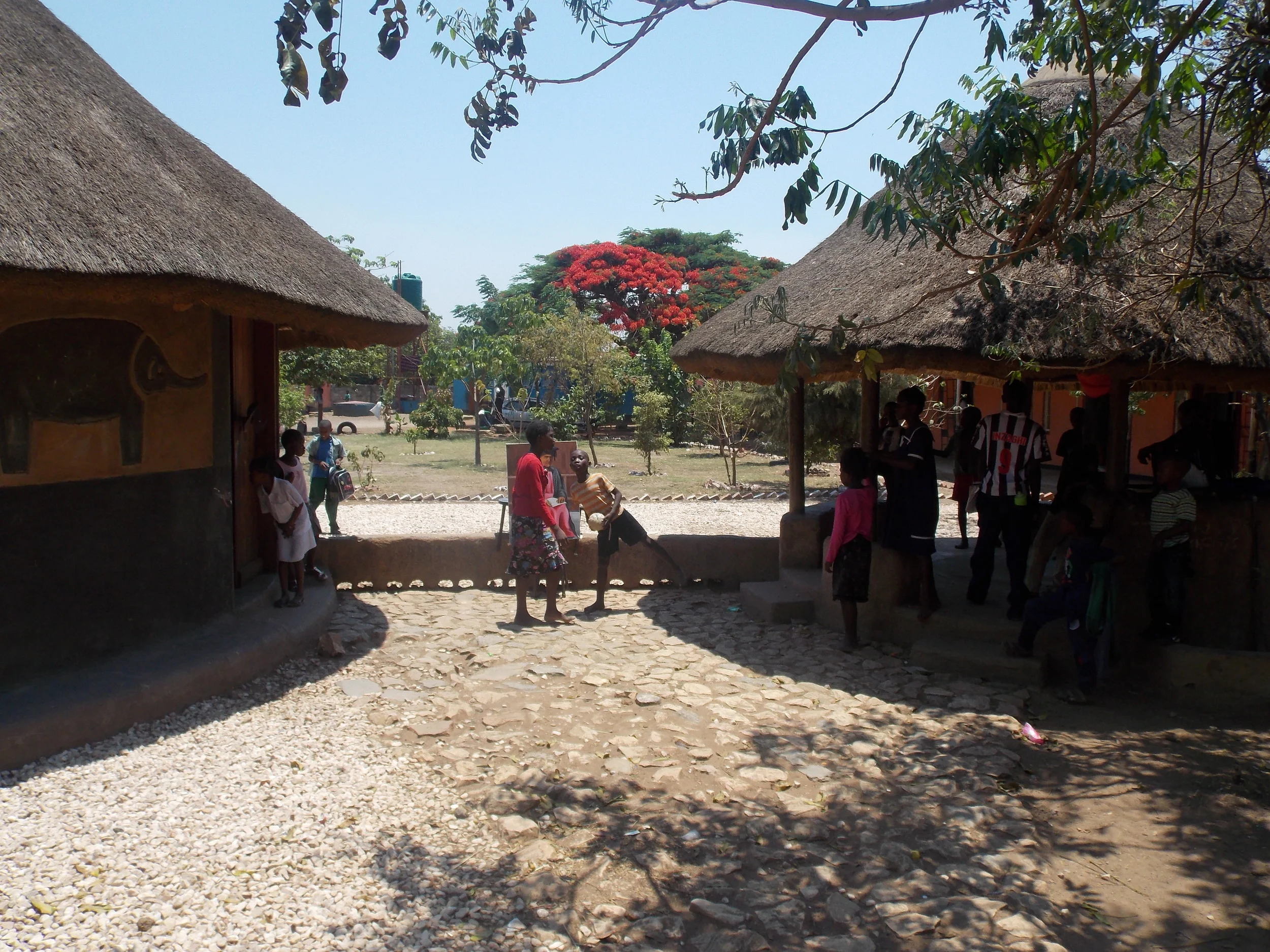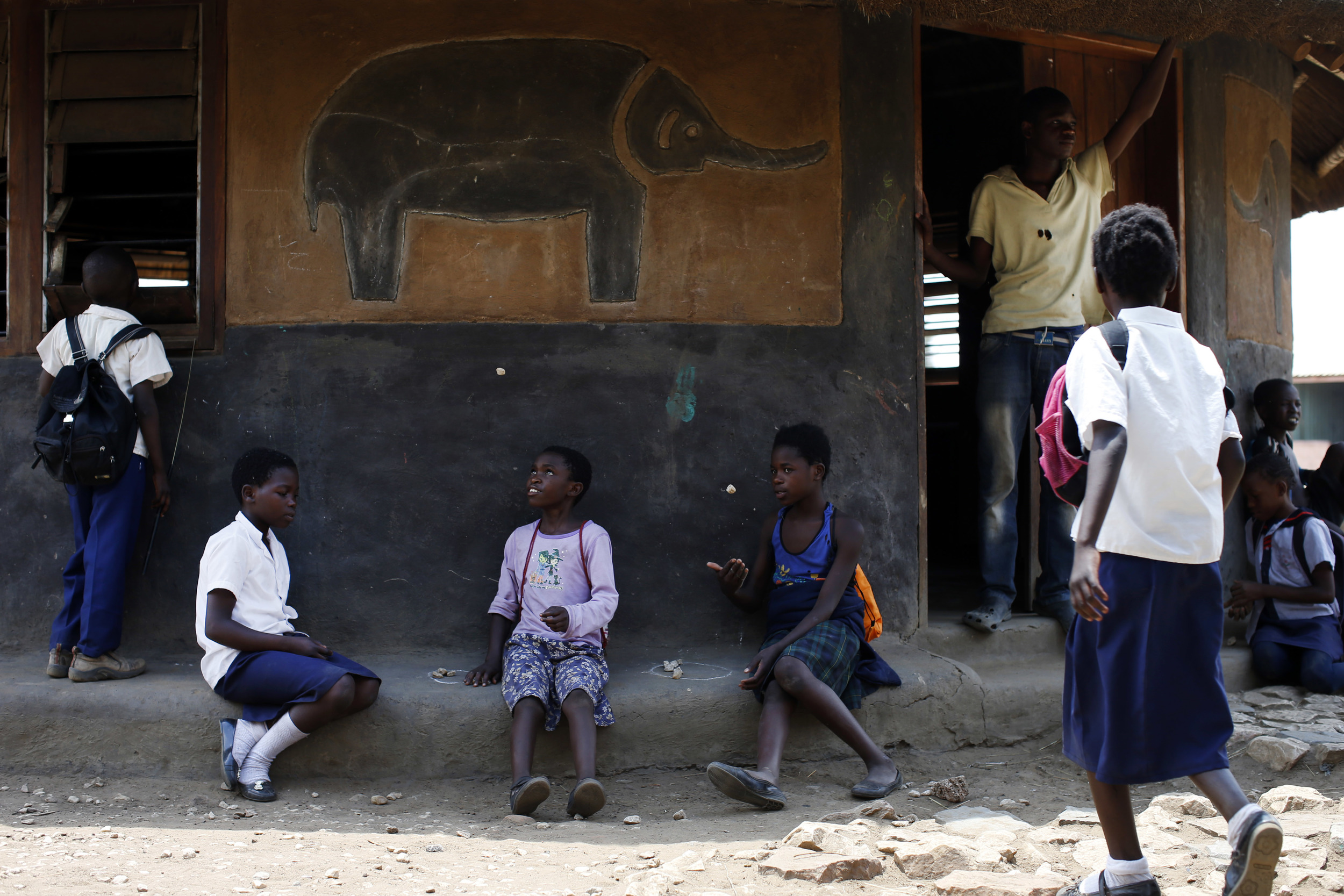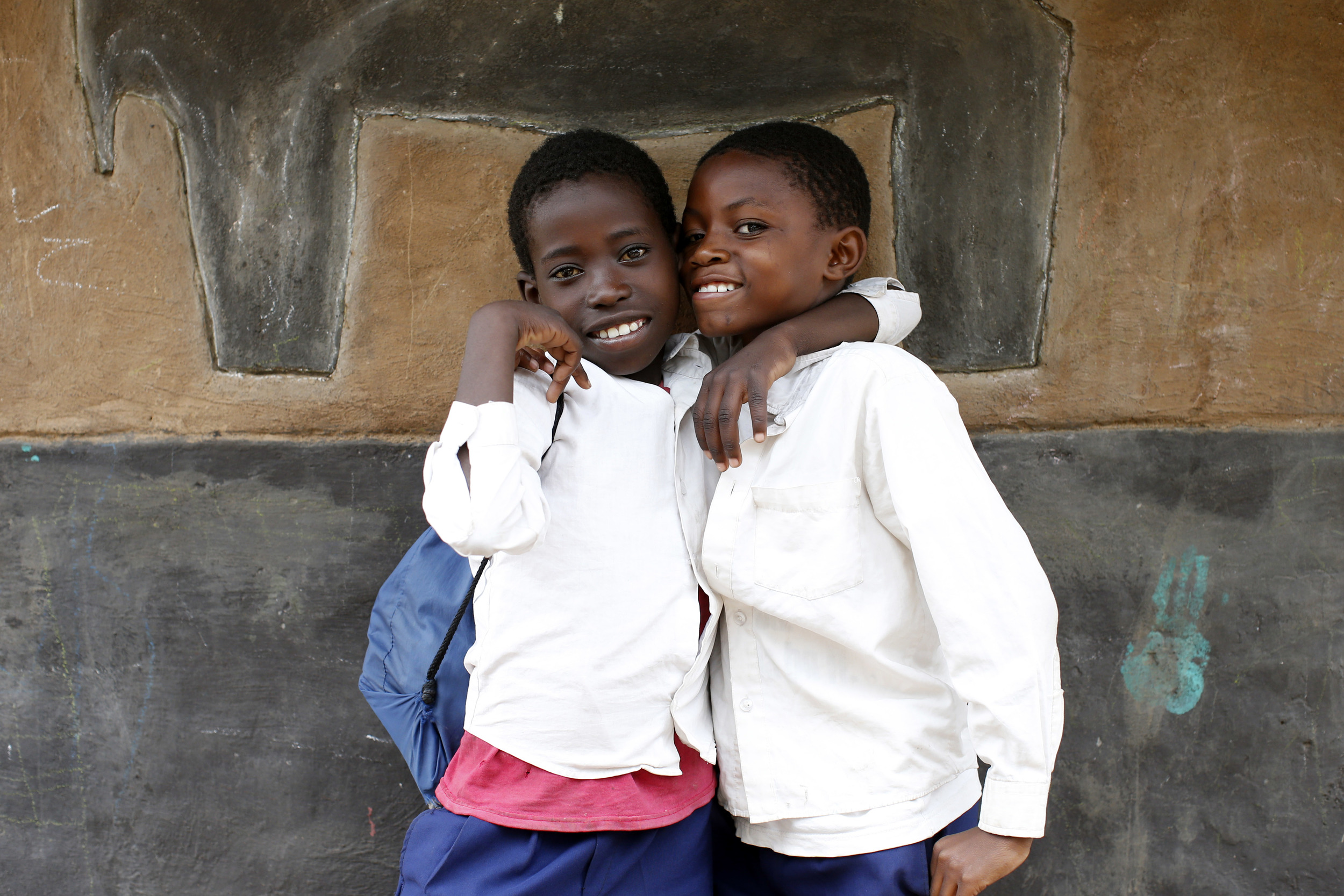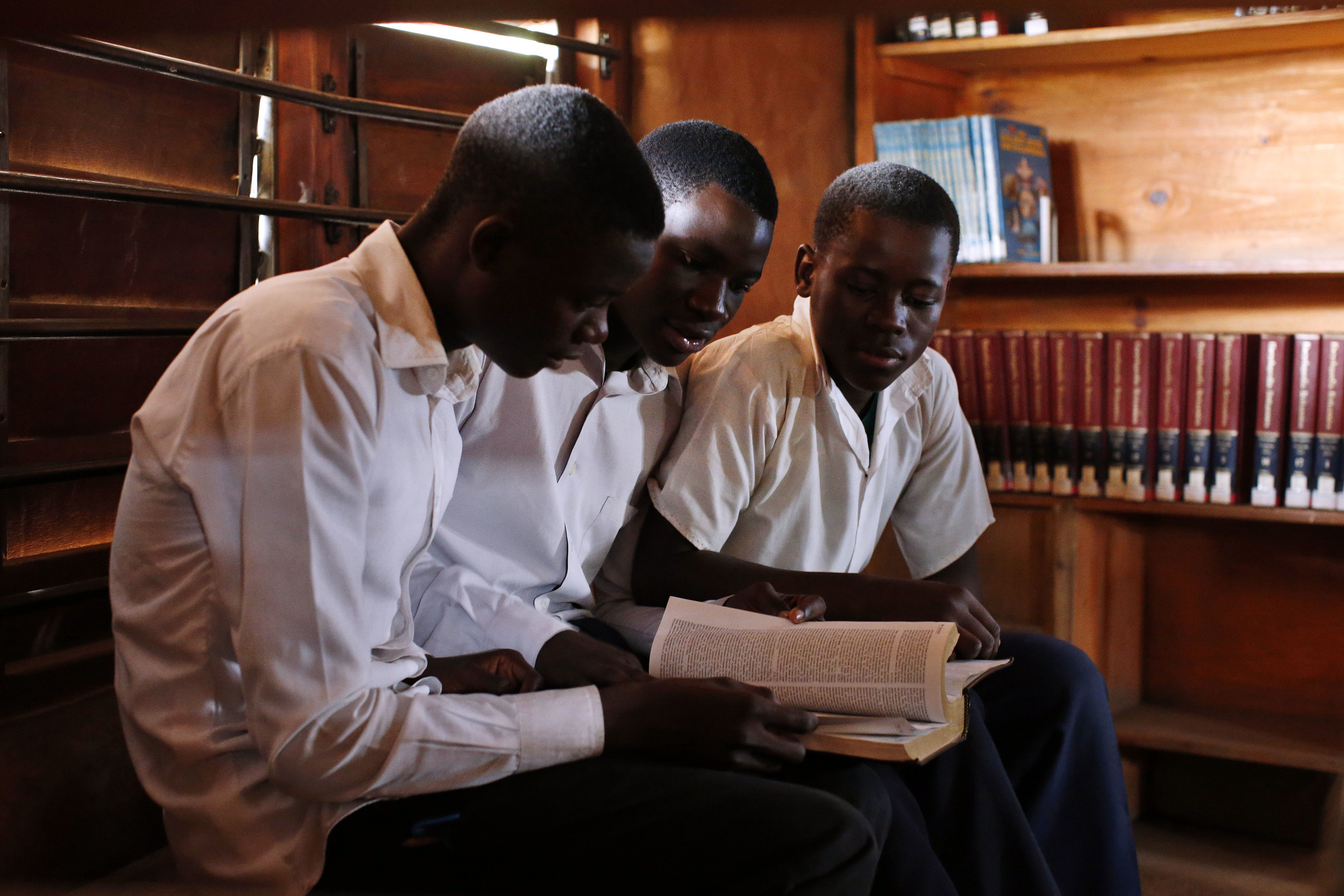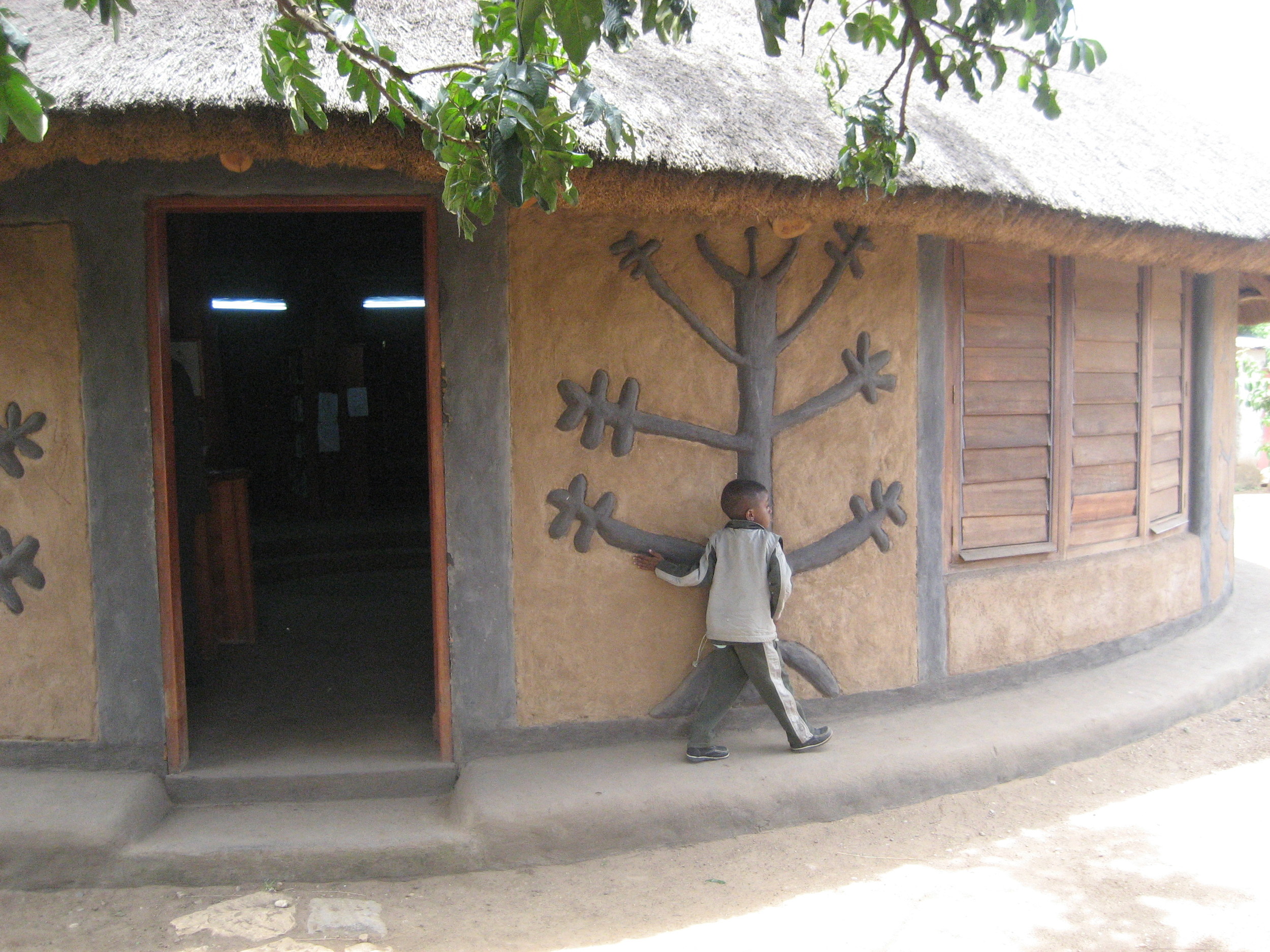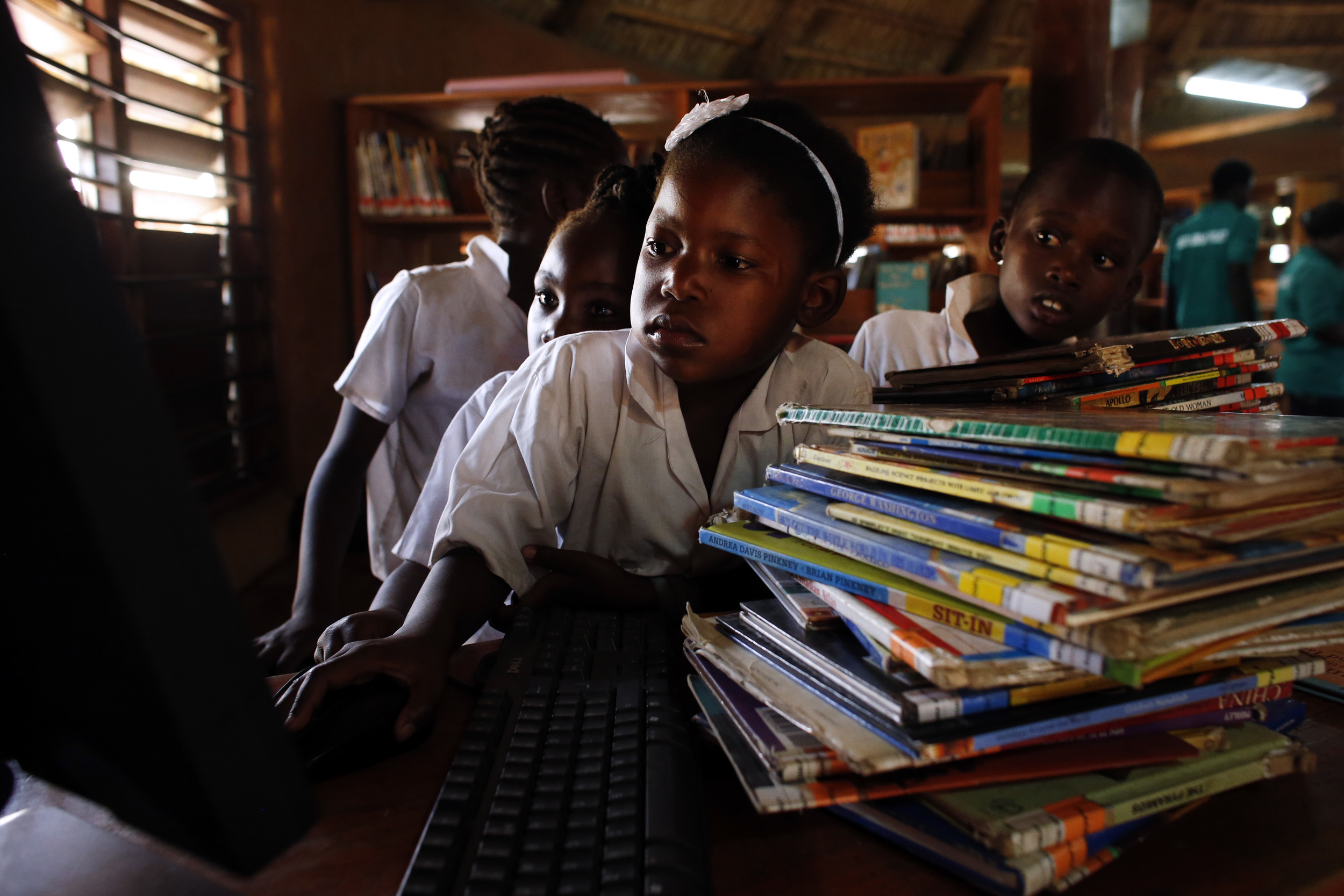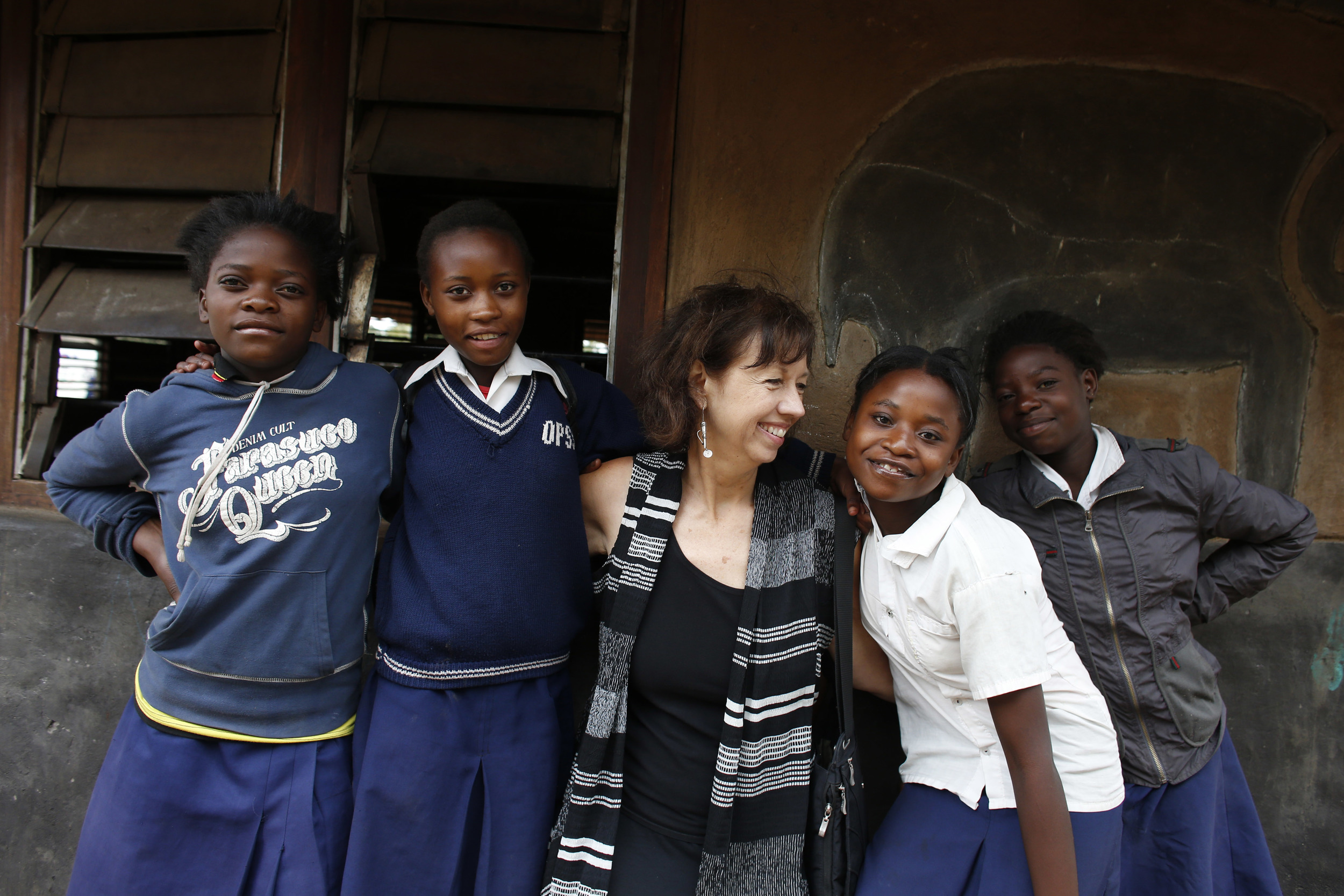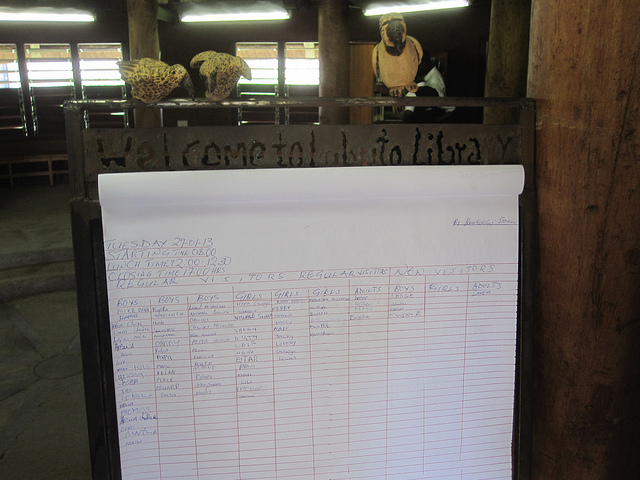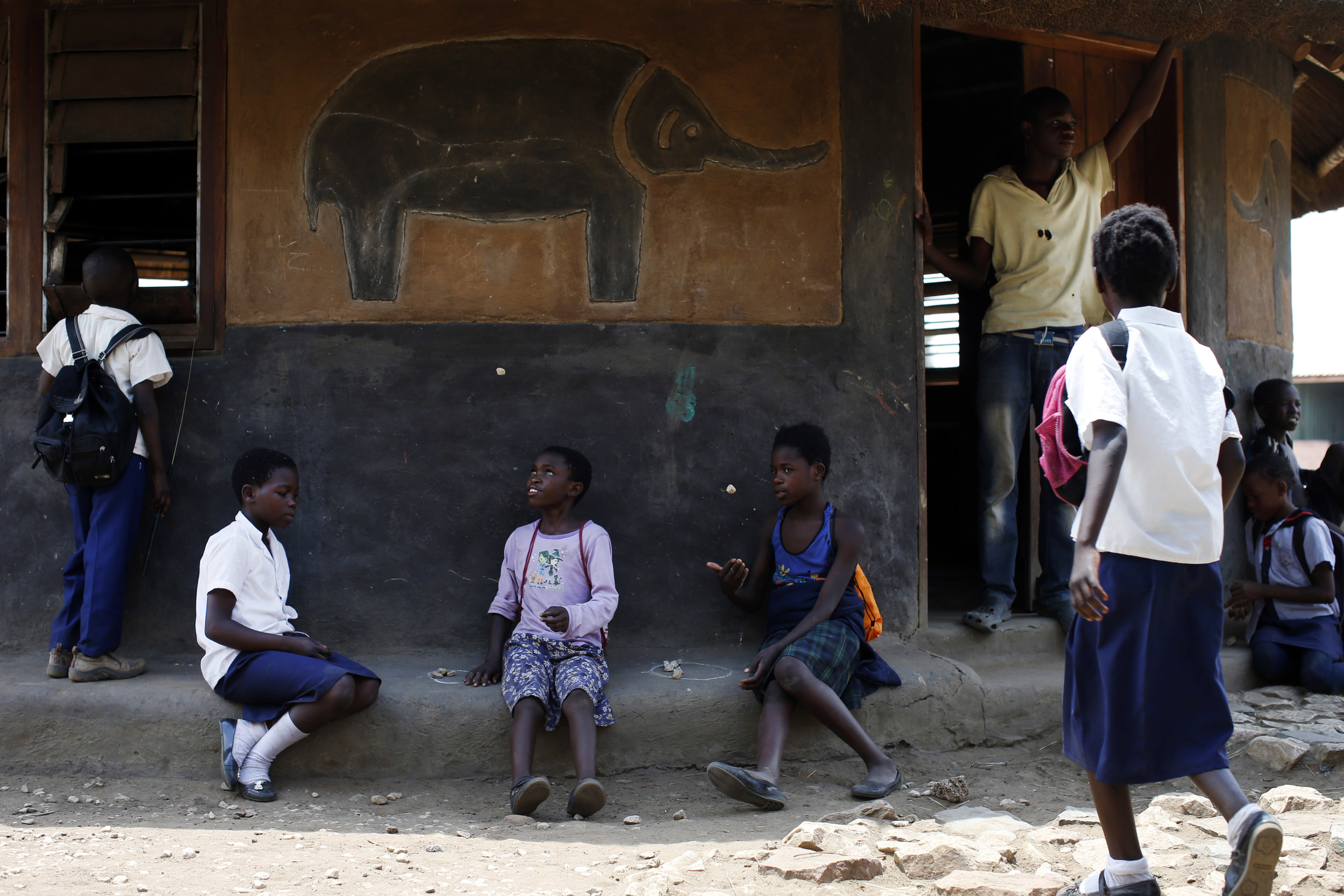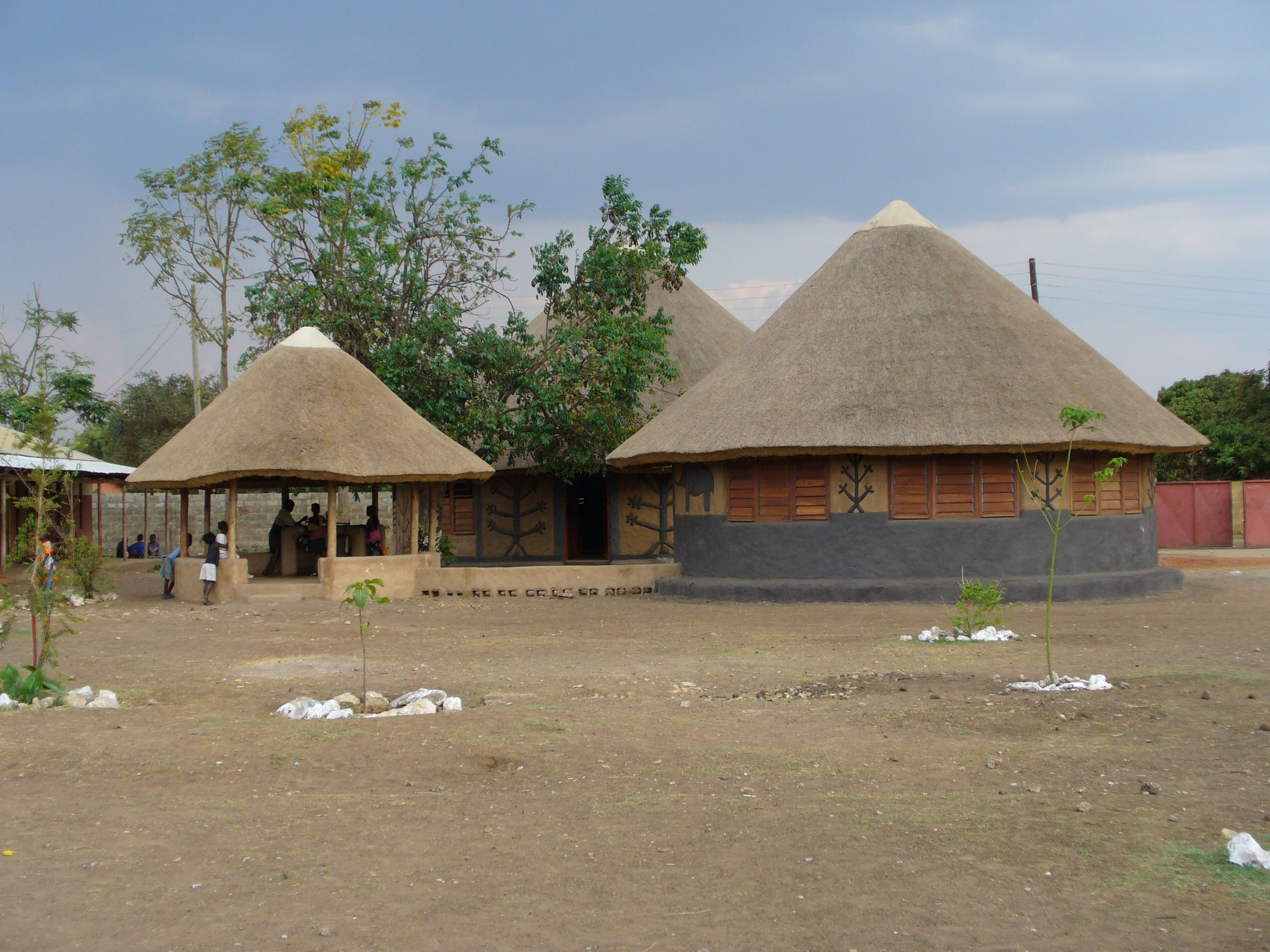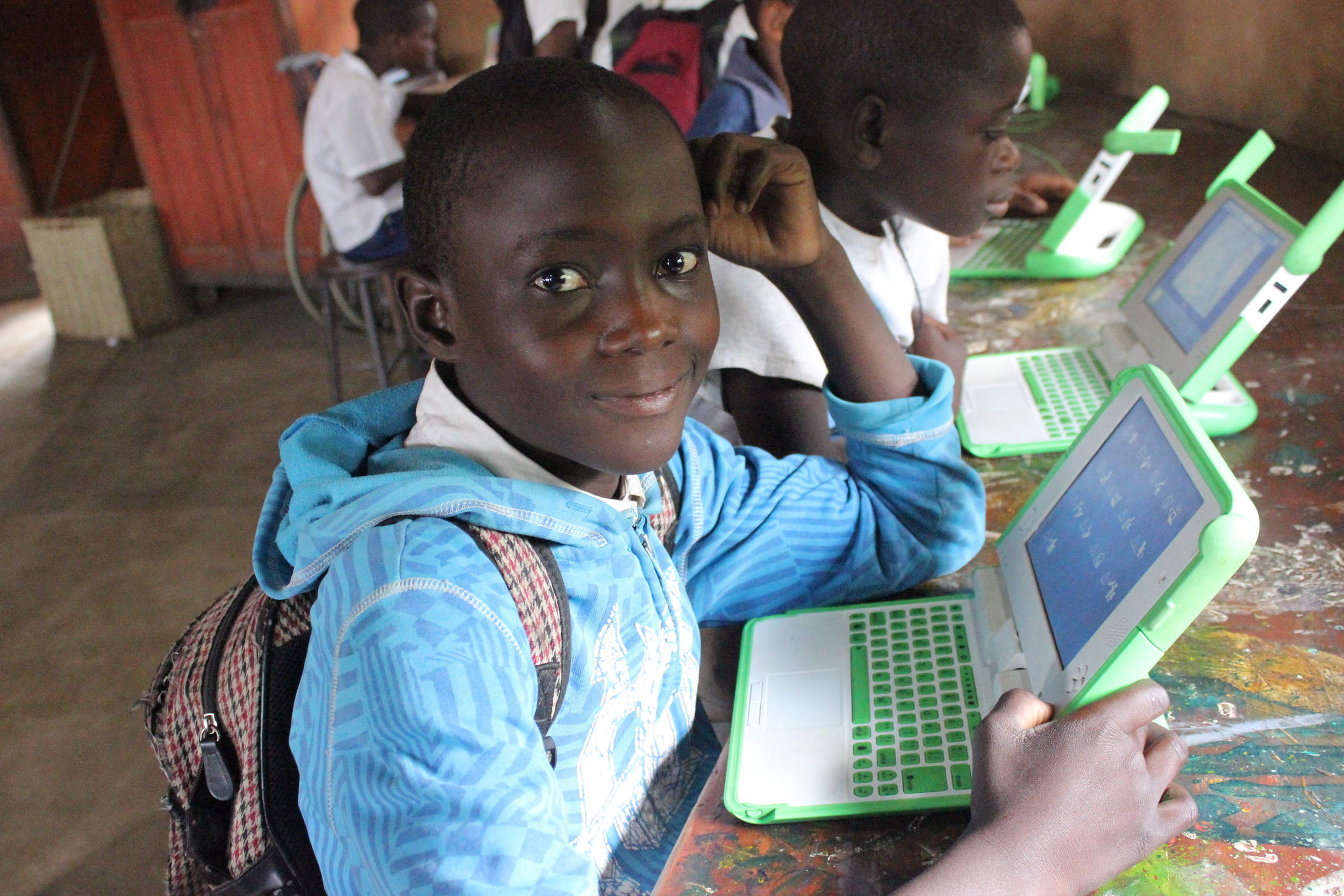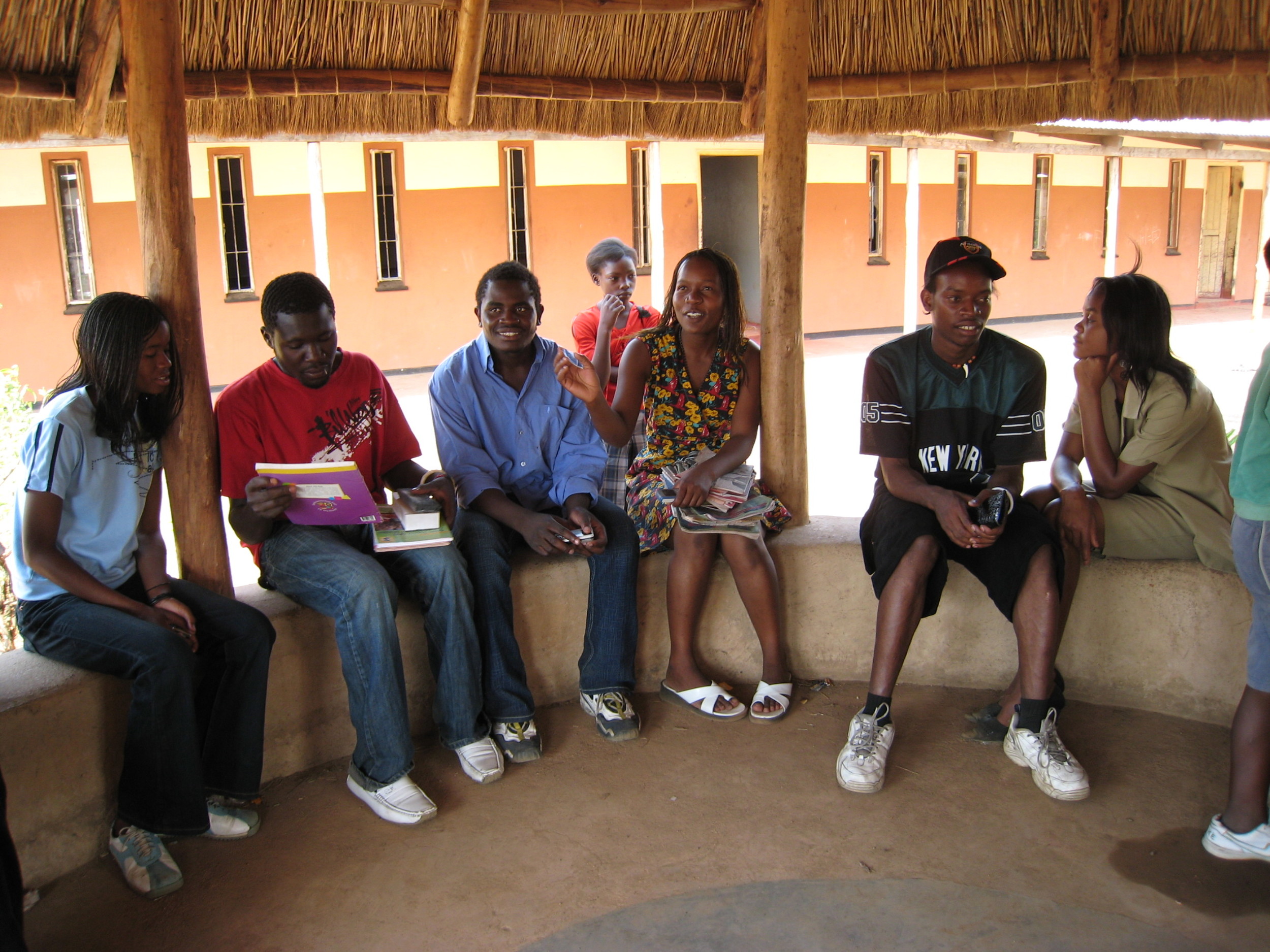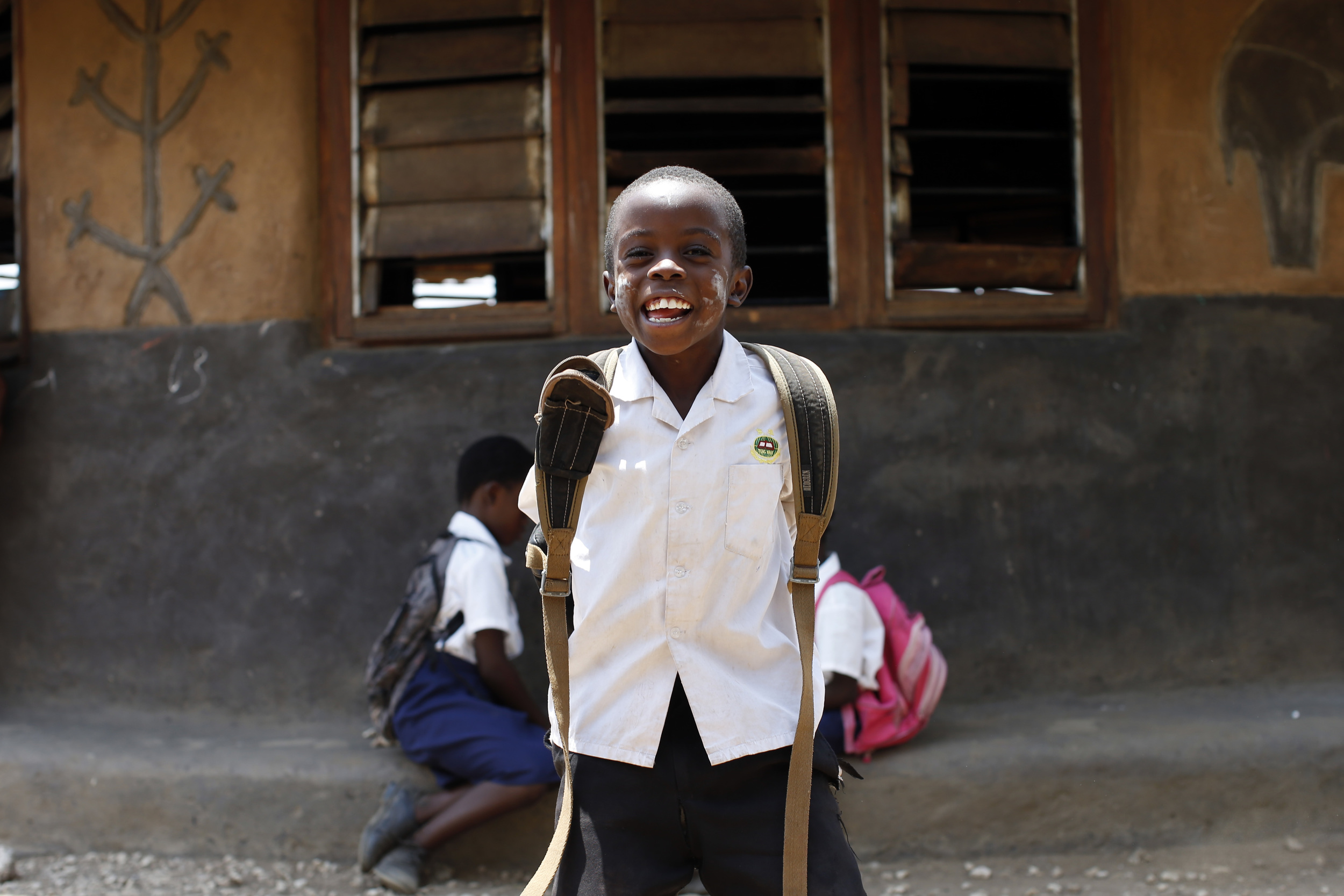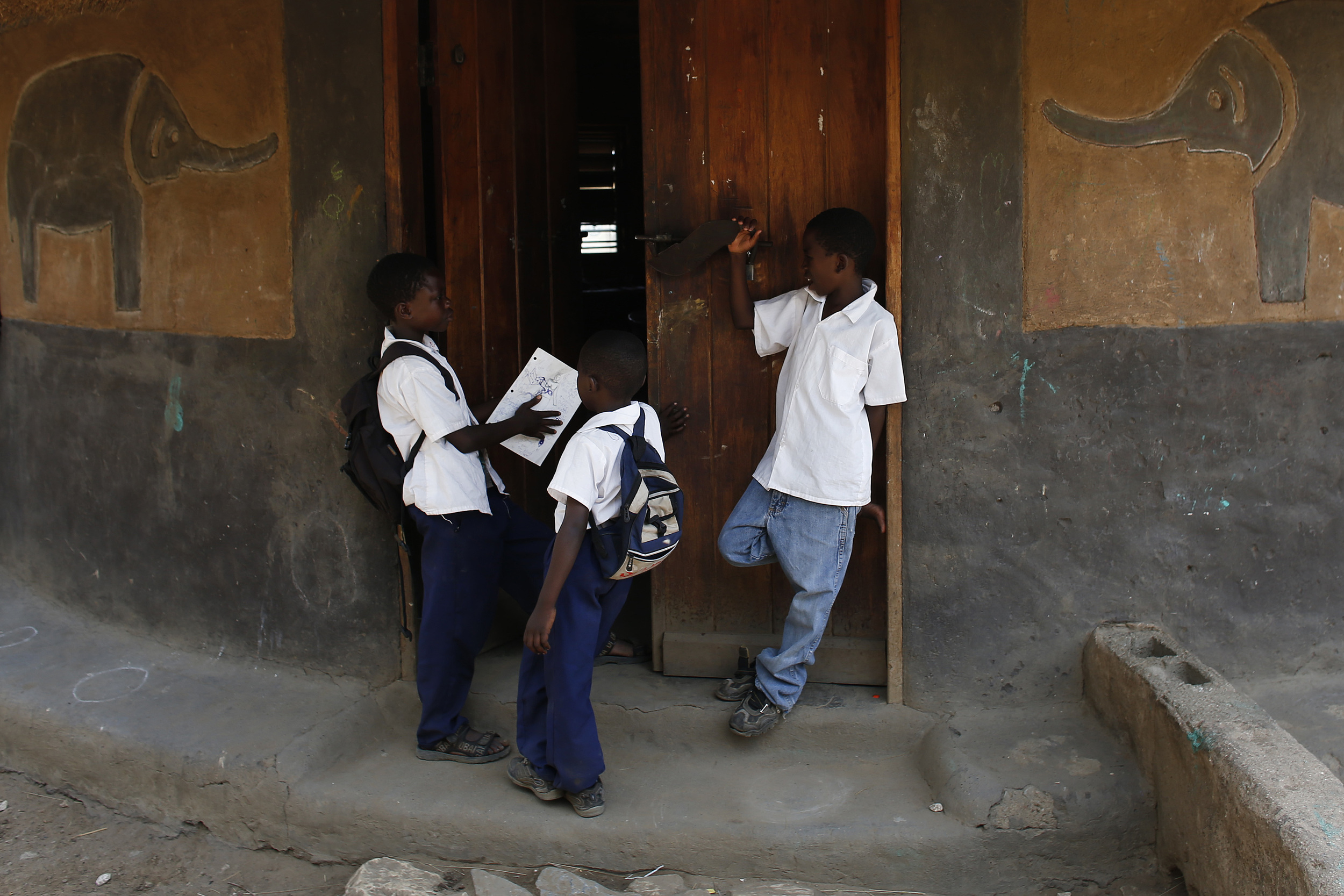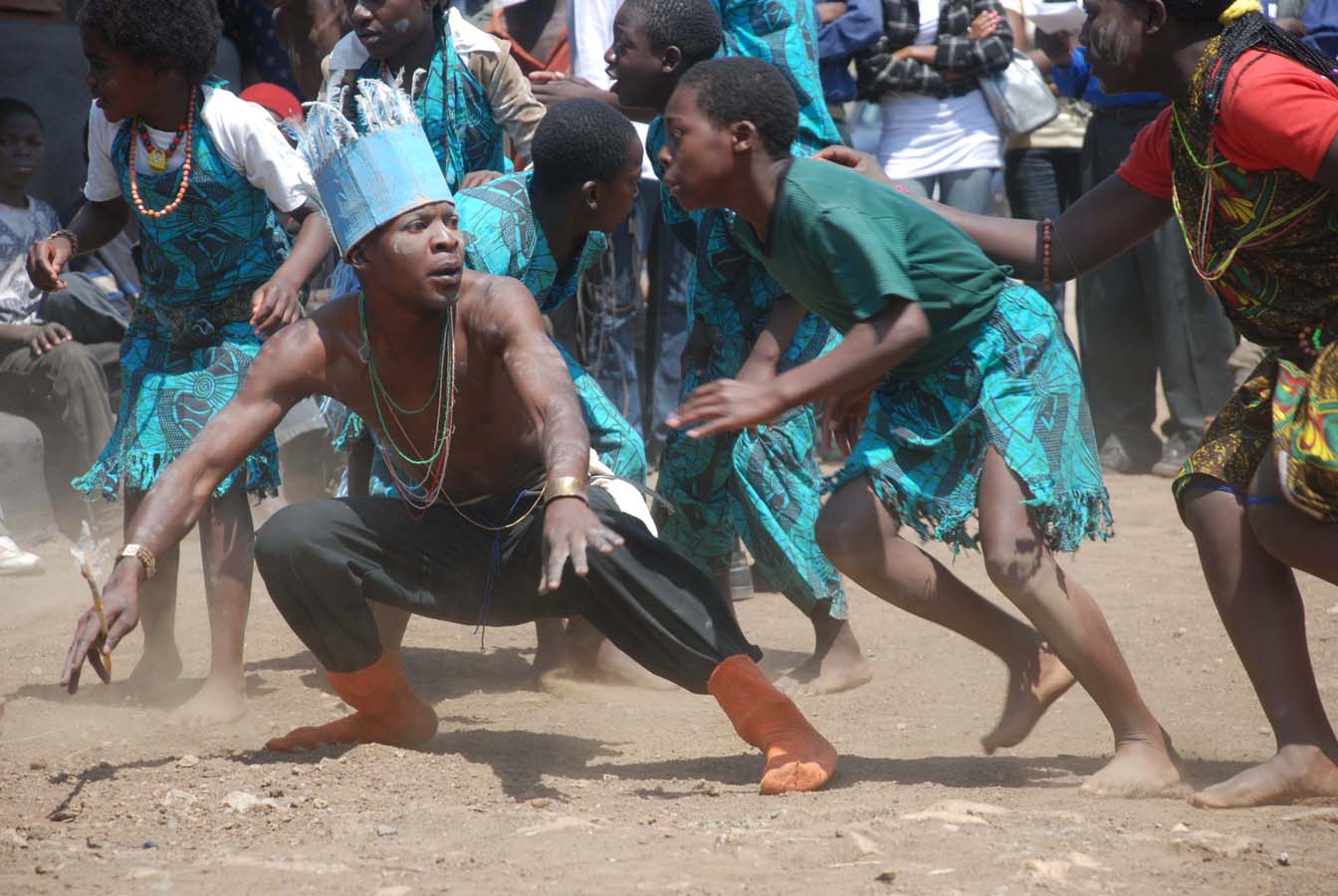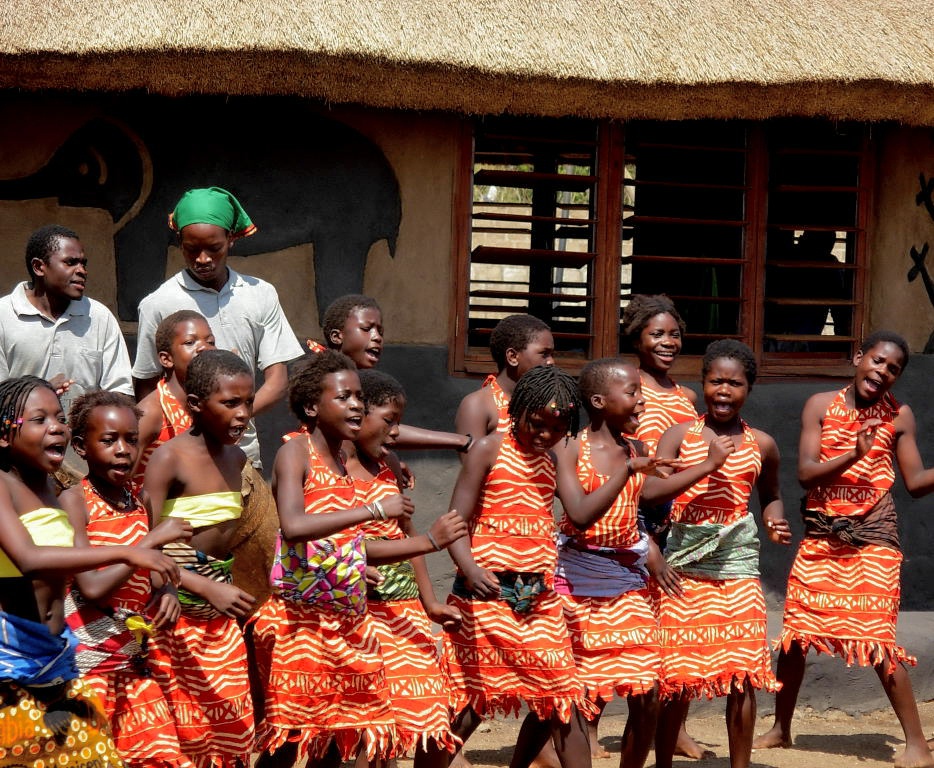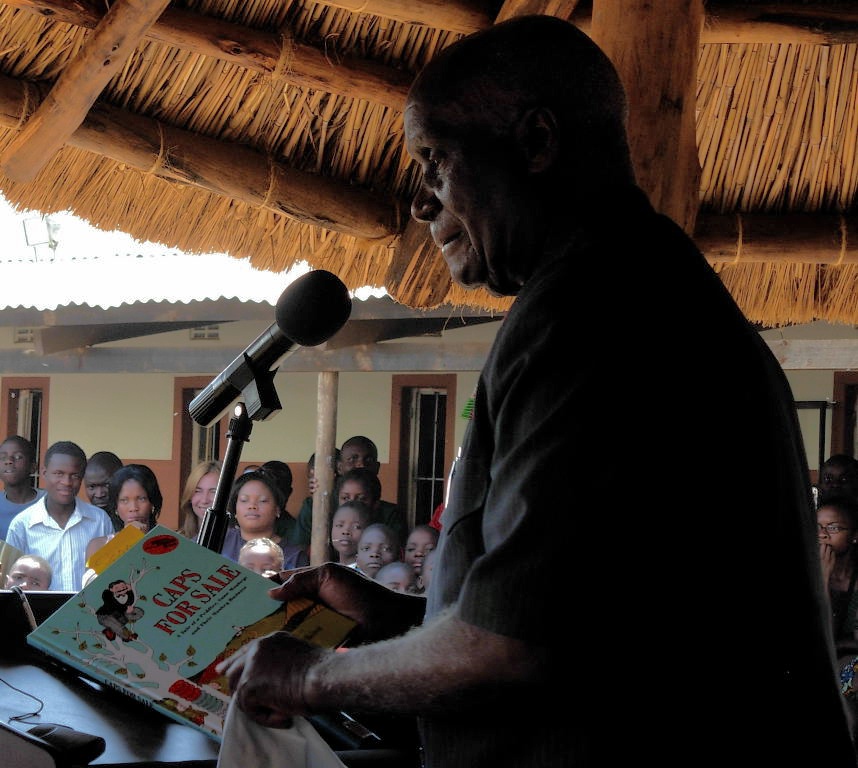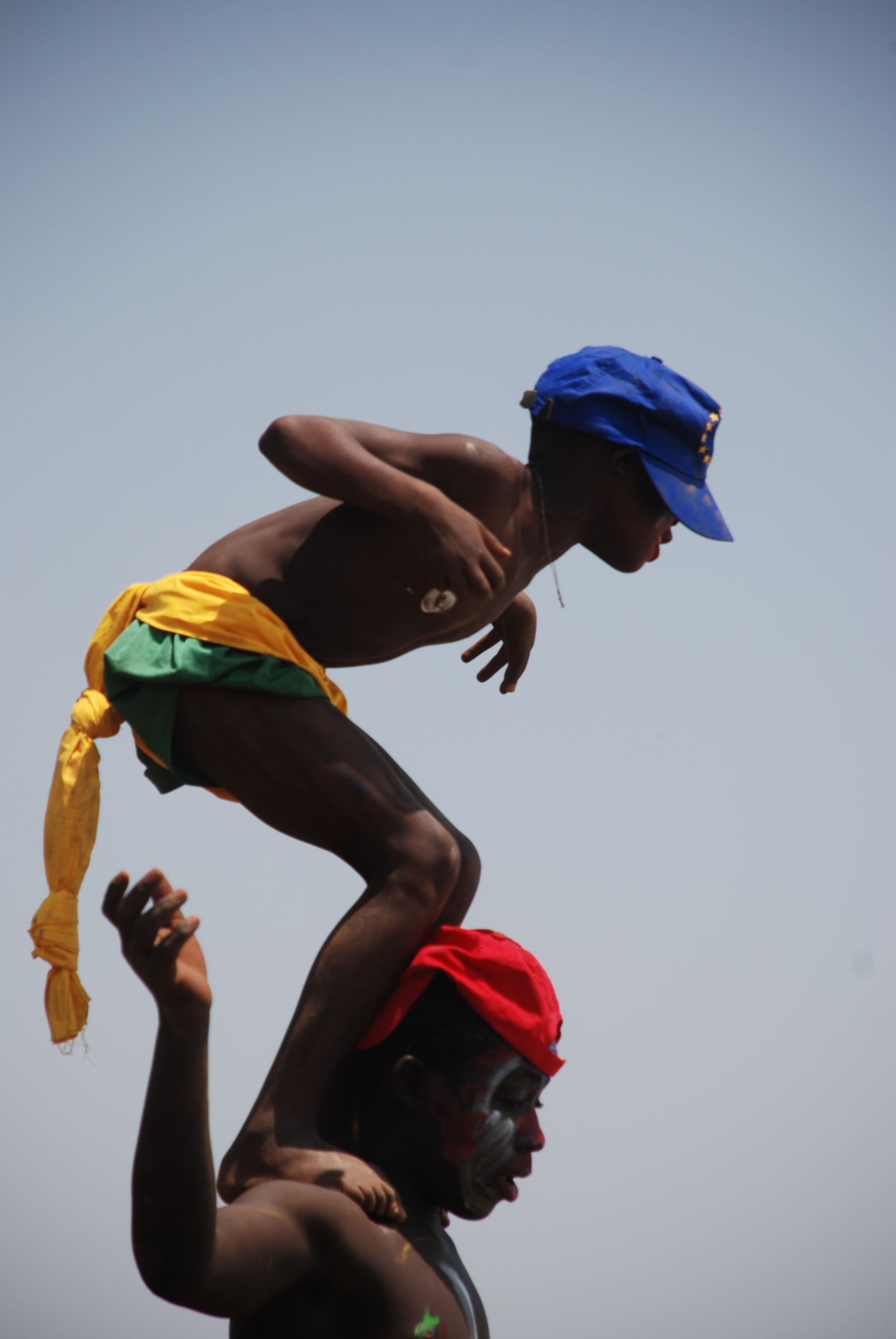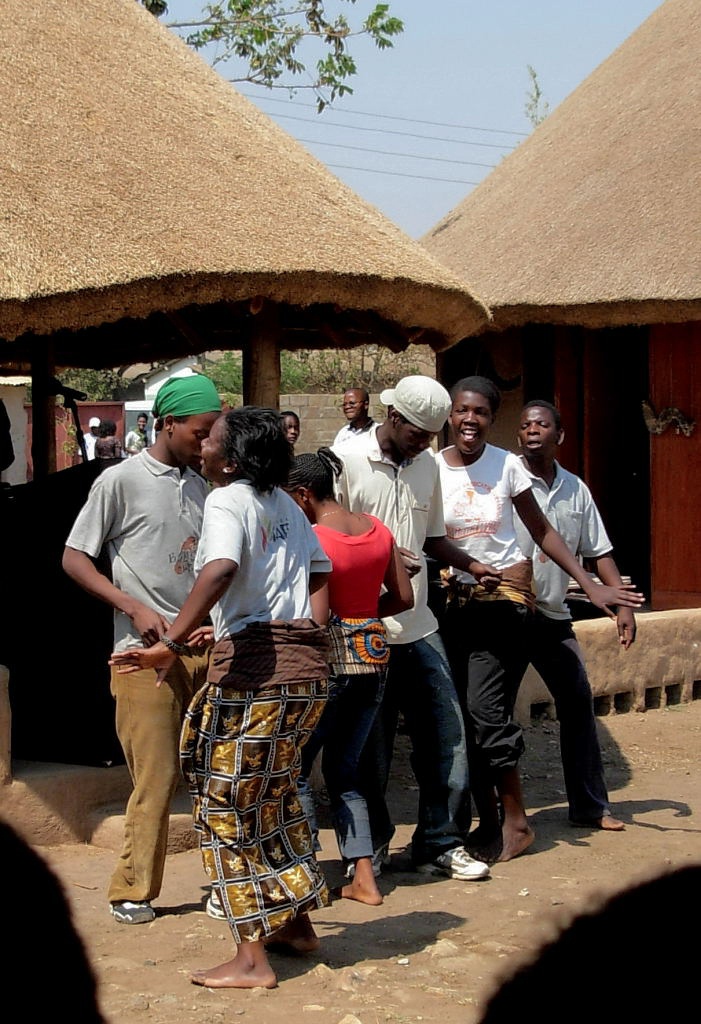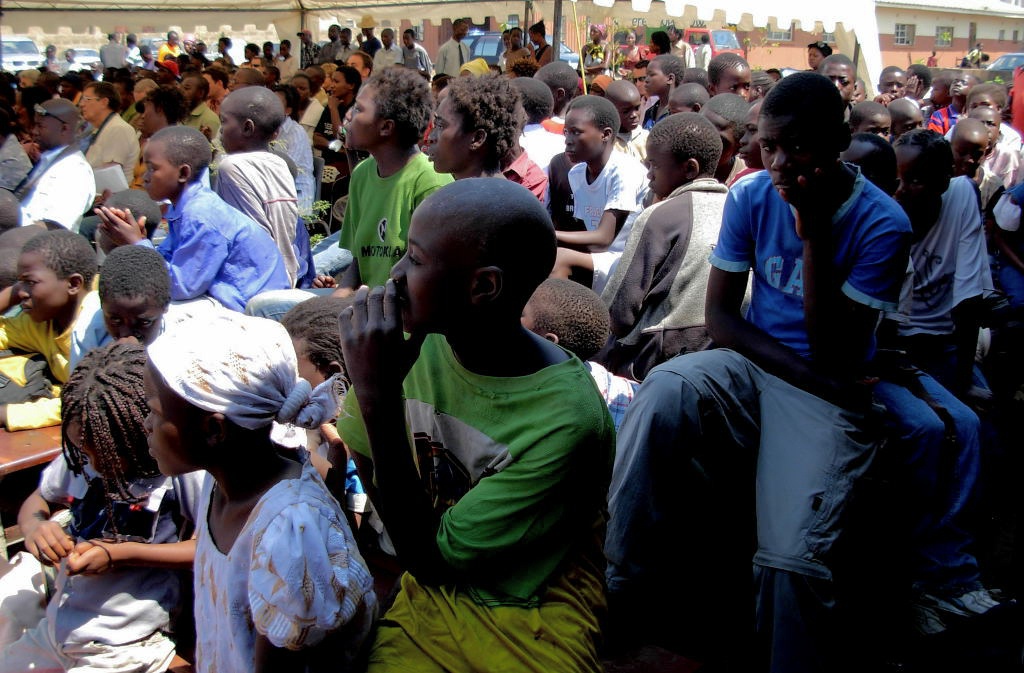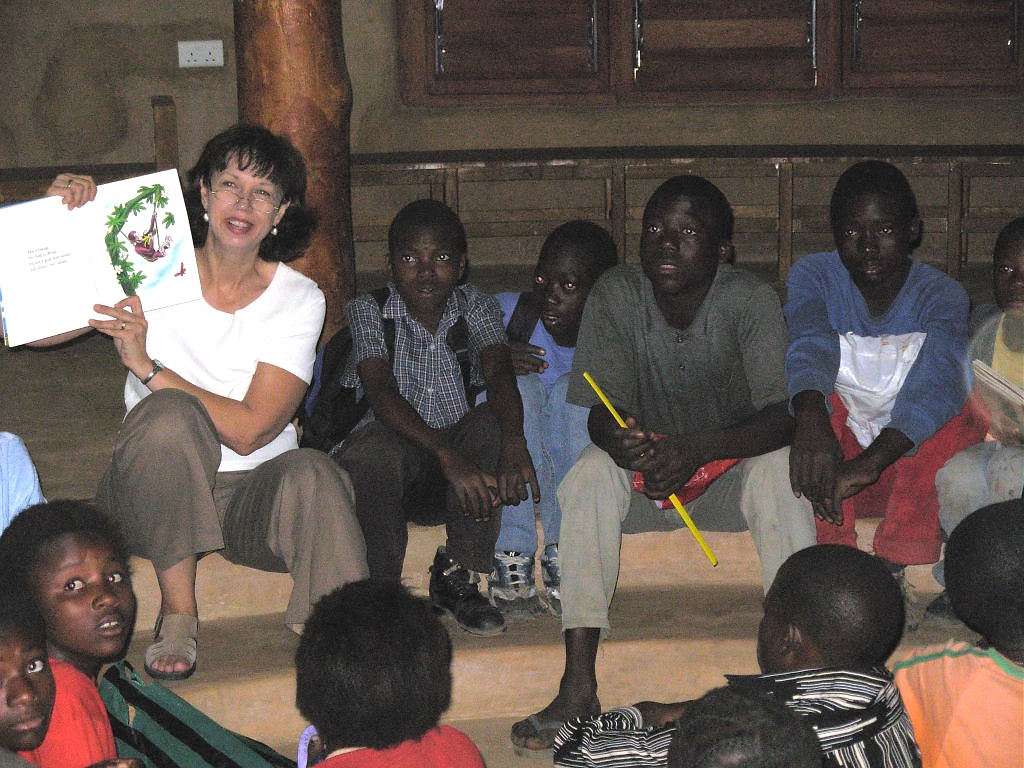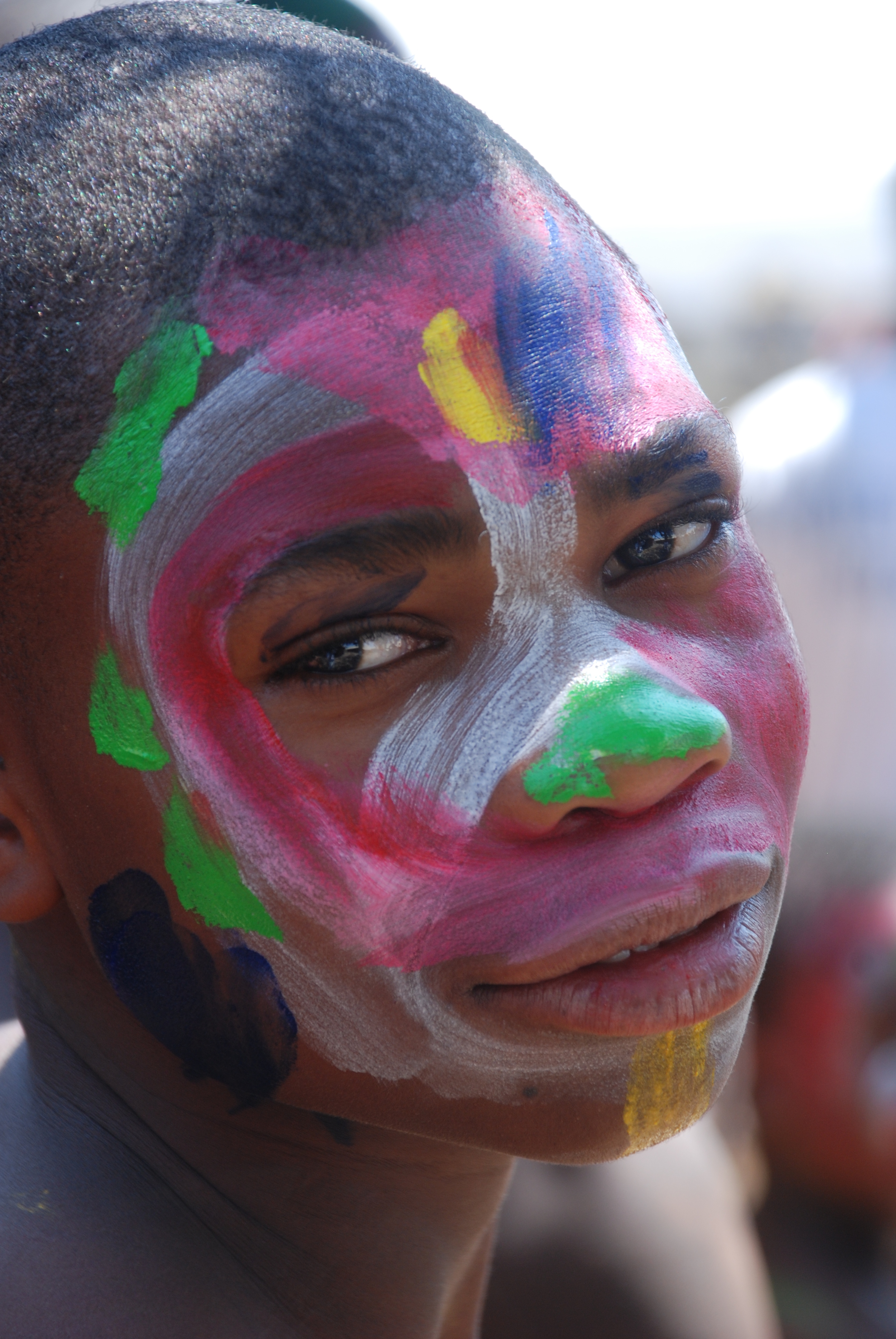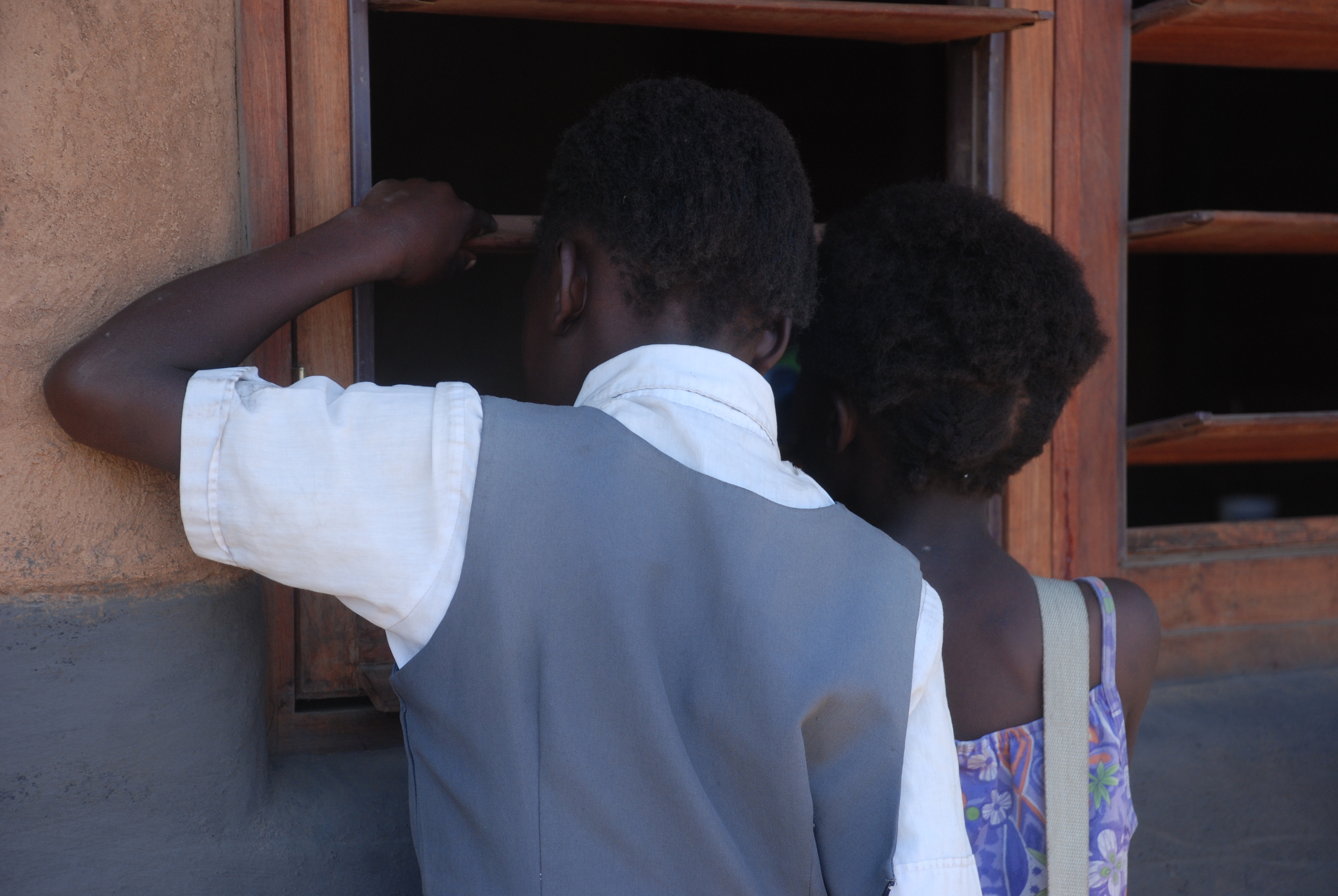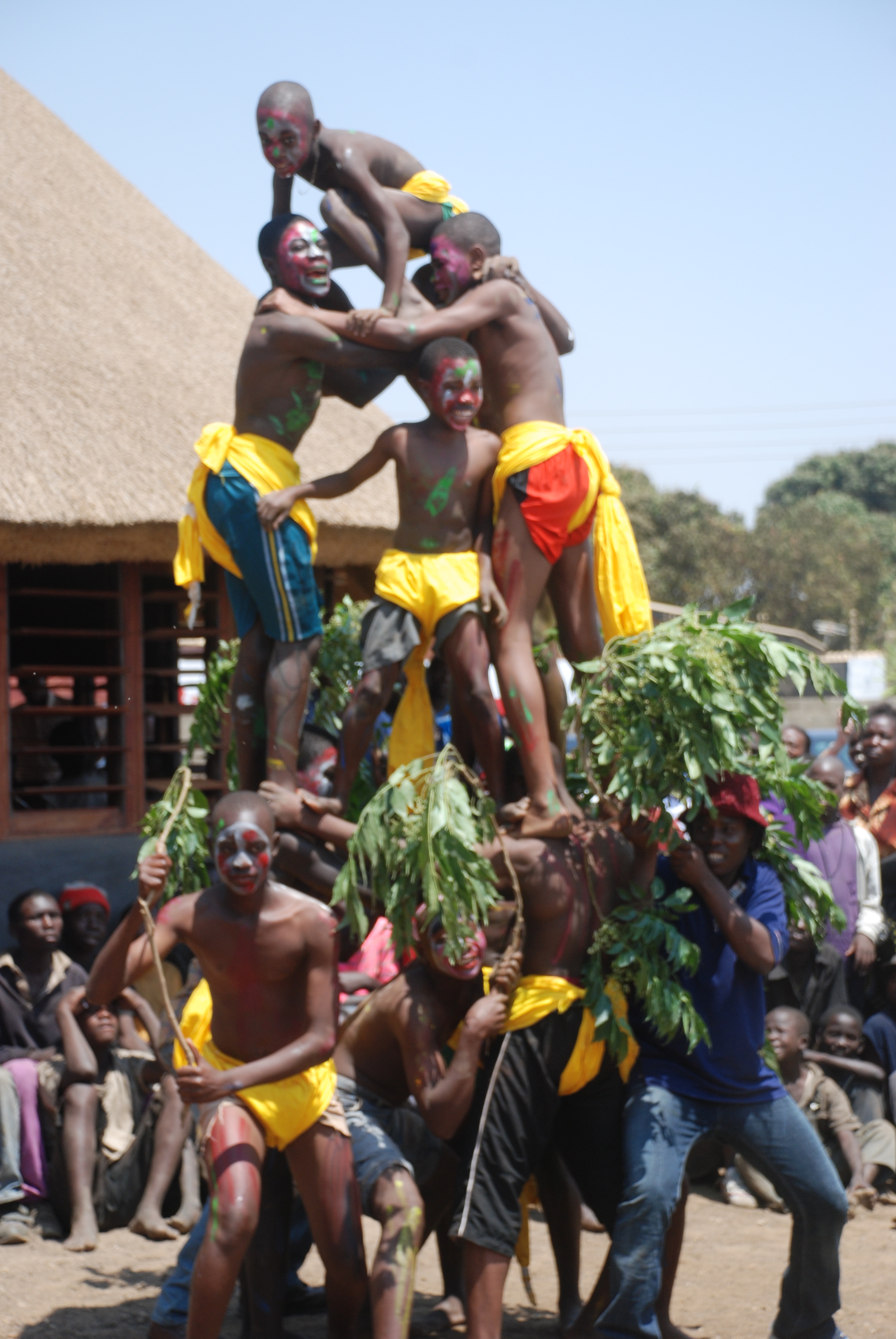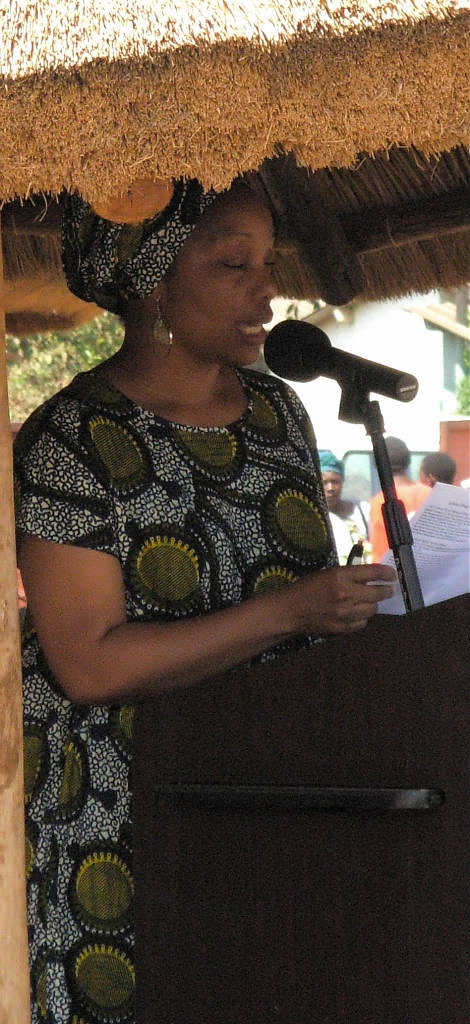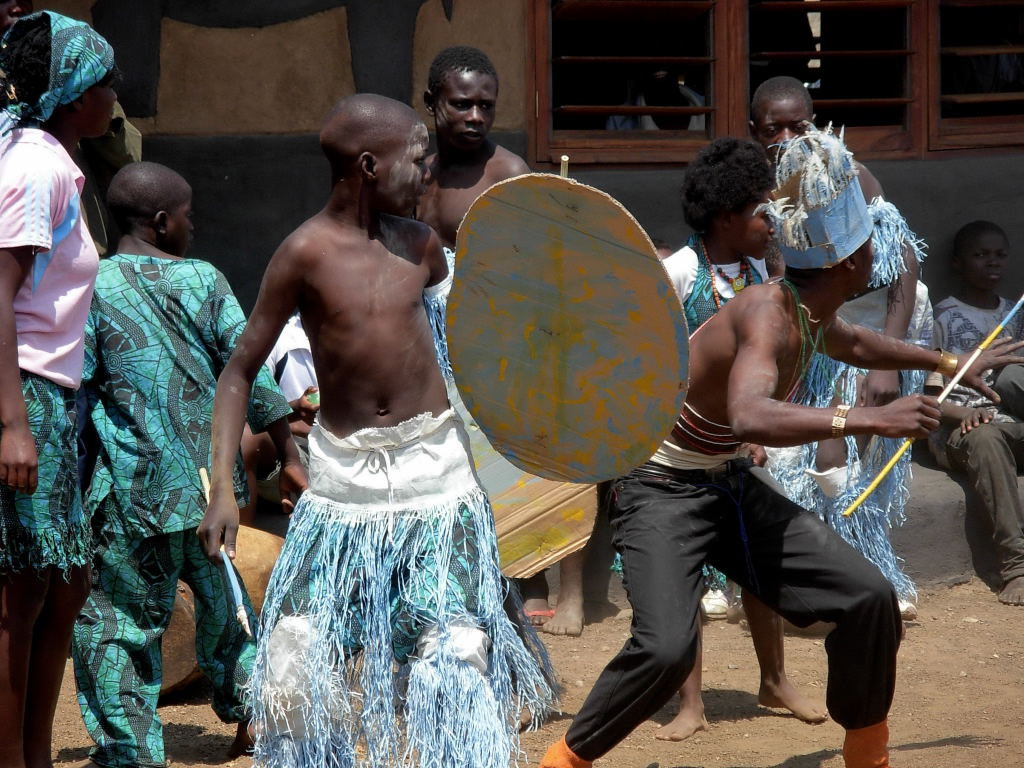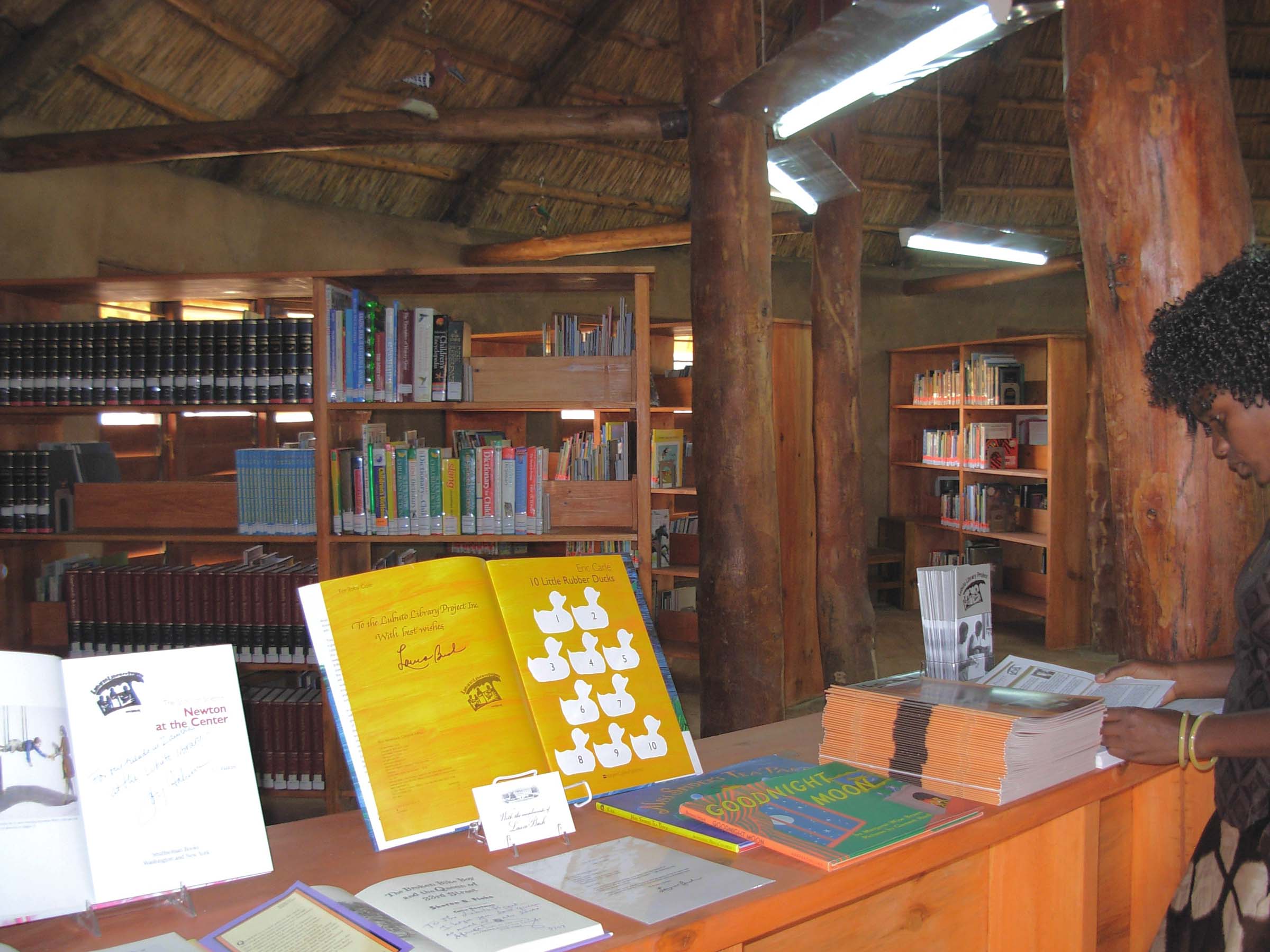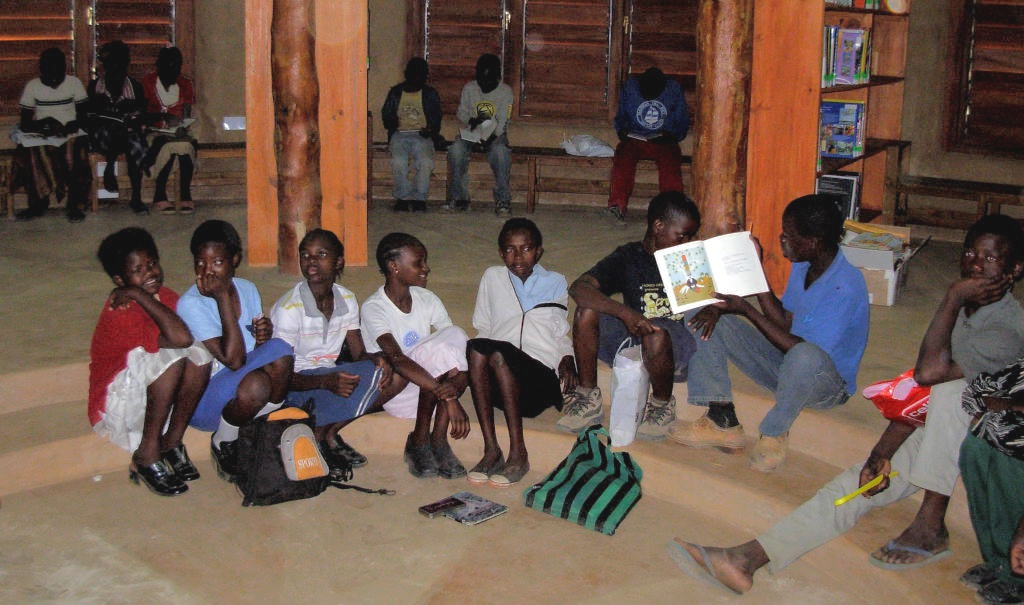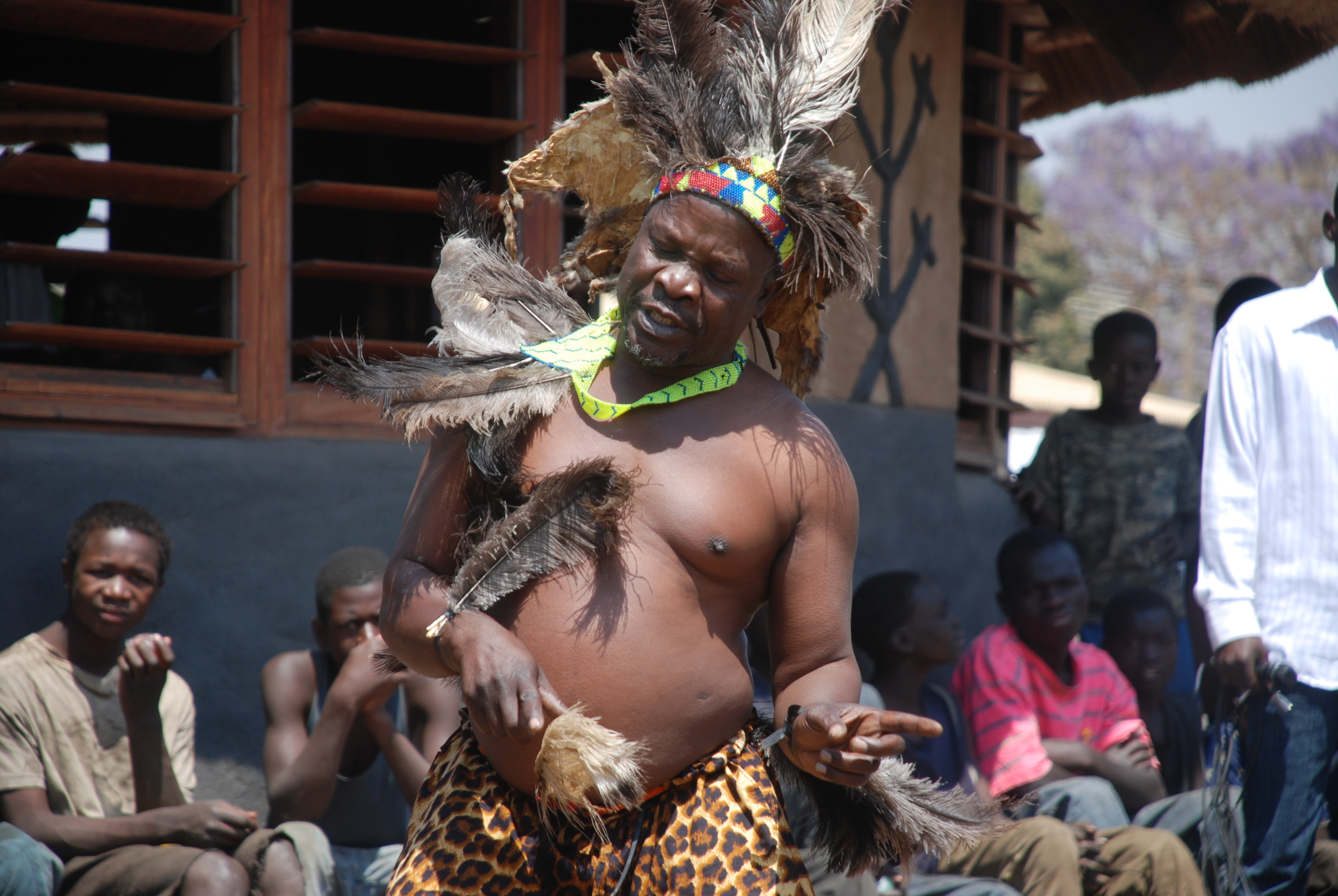Hosted by Fountain of Hope drop-in centre for street children in Lusaka, Zambia, the first Lubuto library opened in 2007 and operated for 10 years. Children who enthusiastically used the library have been a testament to the important contributions that a well-resourced public library can make to society. Witnessing marginalized youth reading and listening to stories in groups and alone, sitting in the warm and welcoming space provided by their library, sharing and creating pictures, practicing their reading skills, expressing themselves through performing arts programs and delighting in the knowledge that this place is especially for them, has convinced us along with stakeholders in Zambia and worldwide that Lubuto libraries are needed throughout the country.
Why the Fountain of Hope for the first Lubuto library?
As described in history, Jane Meyers had been centrally involved with the Fountain of Hope since she moved to Zambia in 1998. When she later was developing the plans and organization of the Lubuto Library Project—focused on supporting the same children helped by the Fountain of Hope—they were the logical choice as a library site. The centre had long been a critical contact point for vulnerable children in Lusaka, and is located within easy walking distance of areas where many street children stay. In July of 2005, the Fountain of Hope wrote to Lubuto with a formal request "to host the first Lubuto Library to be built in Zambia."
This place is magic!child after attending Fountain of Hope Library opening
Fountain of Hope Lubuto Library
Construction of the first Lubuto library was an exciting and dramatic process, overseen by designer Eleni Coromvli. As the construction neared completion, the National Geographic Society supported air shipment of the library's 4,000-volume collection from Washington, DC. Also during the construction period, Lubuto was developing partnerships for programming that would attract young people who may never have seen a library. Certainly they had never seen a library like this one!
The library's first formal program was LubutoArts, offered by prominent Zambian artist and teacher Mwamba Mulangala. Teaching a group of vulnerable teenagers each week prior to the opening of the library, Mwamba worked with them to prepare an exhibition of paintings for Dr. Kaunda's perusal at the opening. Lubuto's drama program grew from collaboration with Barefeet Theatre for performances to entertain the audience of the opening event. Soon after the library's opening, with support from Project Concern International (PCI), Zambian sociologist Dr. Lawrence Mukuka developed a "motivational mentoring" program featuring counseling, mentoring and teaching traditional values tailored specifically to the needs of vulnerable children and youth. PCI also helped Lubuto to facilitate a library management workshop for children and stakeholders to detail library use and procedure—and to establish goals for the new library.
Thus, this new and revolutionary library became a focal point for Zambian professionals to reach and help marginalized youth. As Advisory Board member Dr. Inonge Mbikusita-Lewanika summed up the establishment of this first library, "That is the way we traditionally are in Zambia. All the adults come together to help all the children."
fOUNTAIN OF HOPE LIBRARY PHOTOS
Opening Celebration
The opening celebration for the first Lubuto library was held on September 21, 2007 at the Fountain of Hope in Lusaka. Invited guests included His Excellency the First President of the Republic of Zambia , Dr. Kenneth David Kaunda, members of the diplomatic corps, government officials and friends of Lubuto Library Partners. The guests and the more than 200 street kids in attendance enjoyed a reading of the book Caps for Sale by President Kaunda, which was simultaneously performed by the street kids of Barefeet Theatre.
The ceremony also included a performance by storyteller Leonard Mpundu, speeches by President Kaunda and Lubuto President Jane Meyers and letters of congratulations from U.S. First Lady Laura Bush and the UN Special Envoy for HIV/AIDS in Africa, Elizabeth Mataka.


